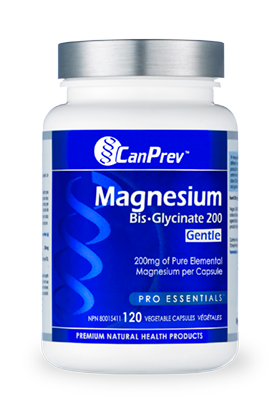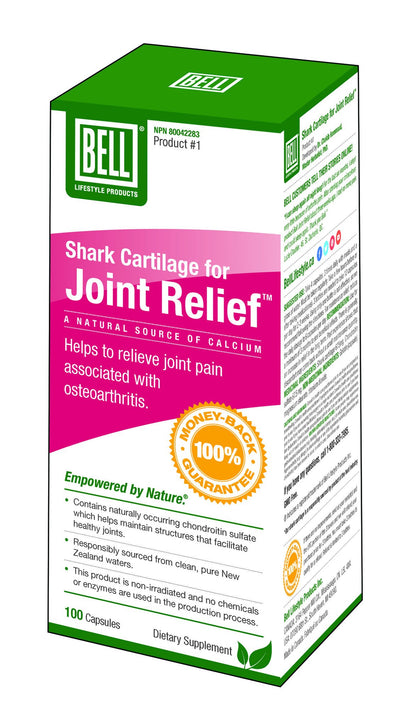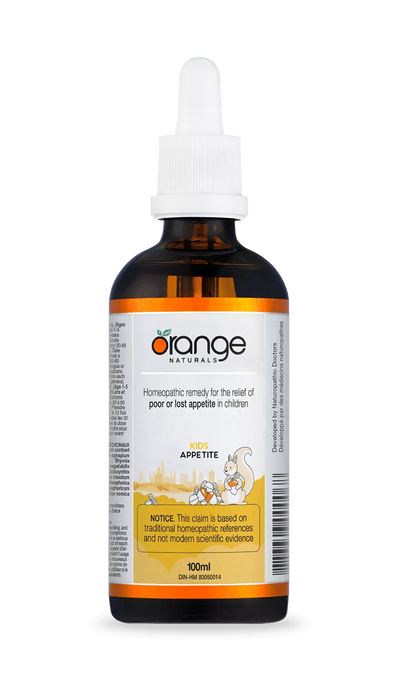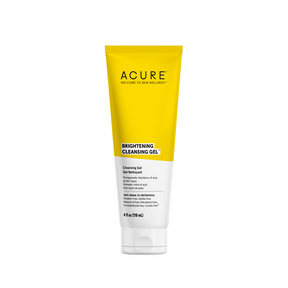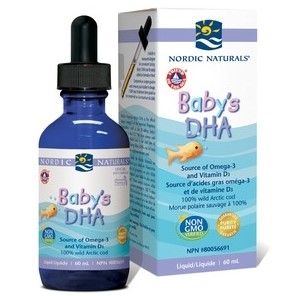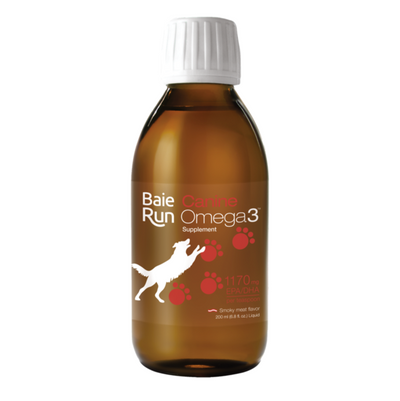5 Tips to Manage Blood Pressure Naturally
Reviewed by Aleksandra Morgan, CNPHigh blood pressure, or hypertension, is a common condition where the force of blood against the walls of the arteries is consistently too high. Over time, this added pressure can damage the arteries, leading to serious health problems like heart disease, stroke, or kidney issues. Common causes include a high-sodium diet, chronic stress, lack of physical activity, obesity, and genetic predisposition. Even factors like poor sleep and excessive caffeine or alcohol consumption can contribute. While medication can be essential for managing hypertension in some cases, many people can effectively balance their blood pressure through natural lifestyle changes.
Focus on a diet rich in magnesium and potassium, and reduce sodium intake
A diet lower in sodium and higher in magnesium and potassium is key to supporting healthy blood pressure. Excess sodium can cause your body to retain water, increasing blood volume and putting extra pressure on your arteries. Magnesium helps relax blood vessels and improve circulation, while potassium helps balance sodium levels, reducing the strain on your arteries.
Foods like leafy greens, bananas, avocados, and sweet potatoes are excellent sources of potassium and magnesium. By incorporating these into your meals, you can help maintain balanced blood pressure naturally. Reducing sodium intake by avoiding processed foods is also crucial for maintaining healthy blood pressure levels. Cooking with whole foods and then salting to taste when you eat is a great way to become more conscious of your sodium intake.
Move Your Body Daily
Movement is a non-negotiable when it comes to lowering blood pressure naturally. Regular physical activity makes your heart stronger, allowing it to pump blood with less effort. This, in turn, reduces the force on your arteries.
You don’t have to go to the gym every day—activities like brisk walking, swimming, biking, or even gardening count. The key is consistency, and we are more consistent when we choose an activity that fits into our lifestyle. Aim for at least 30 minutes of moderate activity most days of the week.
Stress Less
Stress isn’t just bad for your mood—it’s bad for your heart. When you’re stressed, your body releases hormones that temporarily increase your blood pressure. Over time, chronic stress can become your baseline, leading to consistently high blood pressure.
Stress management techniques like deep breathing, mindfulness meditation, or yoga can work wonders for regulating your blood pressure and helping you become more aware of heightened stress states. The 4-7-8 breathing technique, where you inhale for 4 seconds, hold your breath for 7 seconds, and exhale slowly for 8 seconds, is particularly effective at calming the nervous system and can be integrated into your daily life.
Eat Like a Mediterranean
The Mediterranean diet is consistently ranked as one of the best for heart health. It’s rich in whole, minimally processed foods like fruits, vegetables, whole grains, and healthy fats, all of which support optimal blood pressure levels.
Leafy greens like kale, arugula, and spinach are high in nitrates, which help relax blood vessels. Fatty fish like salmon and mackerel are loaded with omega-3 fatty acids, known for reducing inflammation and improving heart function. And garlic? It’s more than just a flavor booster—it contains compounds that help relax and dilate blood vessels.
Natural Diuretics
Balanced hydration helps maintain healthy blood pressure by supporting blood volume and flushing excess sodium. However, too much sodium can cause water retention, raising blood pressure. Natural diuretics like dandelion tea, cucumber, and watermelon can help reduce water retention by eliminating excess fluid and sodium, lowering blood pressure. These options also support hydration without contributing to fluid buildup.
Dandelion tea is a popular herbal remedy known for its ability to reduce water retention. Cucumber, with its high water content and potassium levels, helps flush out toxins while maintaining electrolyte balance. Meanwhile, watermelon is not only hydrating but also boasts natural diuretic effects, making it a refreshing snack for blood pressure support.
Top 5 Supplements for Blood Pressure
While diet and regular exercise are the foundation of blood pressure management, certain supplements can provide an extra boost during high-stress periods where it may be difficult to keep balance. Here are five blood pressure supportive vitamins to consider:
Magnesium
Magnesium is crucial for relaxing blood vessels and improving circulation. Learn more about AOR Cardio Mag 2.0

Coenzyme Q10 (CoQ10)
CoQ10 is a powerful antioxidant that improves energy production in your cells and helps reduce oxidative stress. Try Bioclinic Naturals CoQ10 400mg

Citrulline
L-Citrulline, found in Ortho Molecular Products CitraNOX formula, is an amino acid found in foods like watermelon and cucumbers, helps improve blood flow by increasing nitric oxide levels, which can in turn reduce blood pressure.

Hibiscus
Often consumed as a tea, hibiscus is a delicious way to naturally lower blood pressure. Studies show it can be as effective as some medications when consumed regularly. We carry Organic Traditions Hibiscus Tea

Hawthorn
Known as a “heart tonic,” hawthorn has been used in traditional medicine to improve blood flow and strengthen cardiovascular function. NFH Hawthorn SAP provides a high-quality standardized hawthorn berry extract.

Bonus Tips to Keep in Mind
Managing blood pressure is a marathon, not a sprint. Small, consistent changes add up to big results over time. Here are a few additional tips to keep you on track:
-
Stay hydrated: Balanced plays a key role in maintaining healthy blood pressure by supporting proper blood volume and circulation. Drinking an adequate amount of water—typically 8-10 glasses per day—helps flush excess sodium from your body and prevents dehydration, which can cause your blood vessels to constrict and raise blood pressure.
-
Cut back on caffeine and alcohol: While moderate caffeine intake is usually fine, overdoing it can negatively affect your blood pressure. Keep alcohol to a glass or two per week for optimal health.
-
Track your progress: Use a home blood pressure monitor to stay informed about your numbers and identify any patterns or triggers.
Taking control of your blood pressure doesn’t have to feel overwhelming. Start with one or two of these tips and build from there. Whether it’s adding a potassium-rich snack, sipping on hibiscus tea, or enjoying a brisk walk in nature, every small step is a stride toward a healthier you.
Disclaimer: The information provided in this blog is for educational purposes only and should not be considered as a substitute for professional medical advice, diagnosis, or treatment. Always seek the guidance of a qualified healthcare provider regarding any medical condition, dietary changes, or supplementation.


